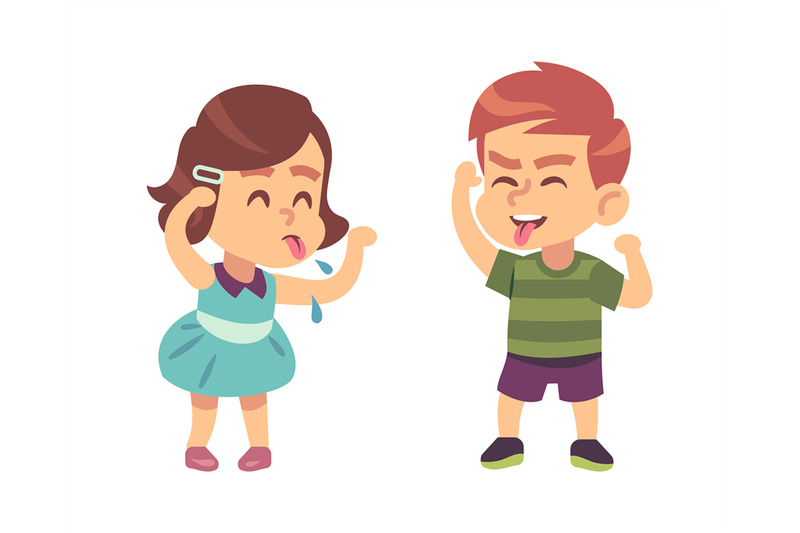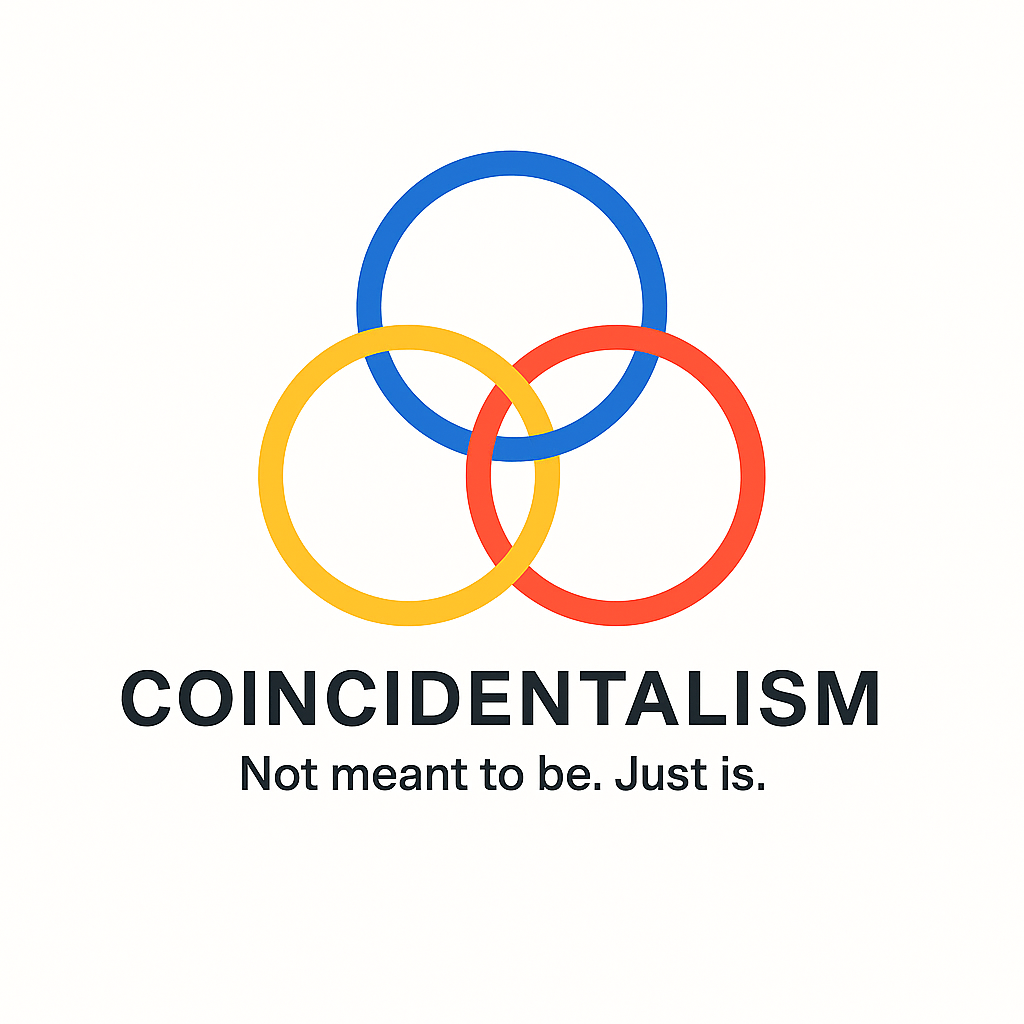It’s hard to remember a time when the internet didn’t exist, but for people my age, members of Generation X, I often think that we grew up at the perfect moment in human history:
As adults, we enjoy the benefits of a fully networked planet and the vast resources of the internet, but those benefits came late to us. While the internet feels like it has existed forever, it has existed in its easily accessible, user-friendly form for a relatively short period of time. As a child, computers, cell phones, and even cable television did not exist, so we spent the majority of our childhood outdoors, playing with friends, fishing, inventing games, hunting through card catalogs in the library, and staying out until the street lights came on.
As a child, I did not spend large chunks of my day in front of a computer screen or attached to my cell phone, and though we owned an Atari 5200 that I played a lot, it was not anything like the unfathomable amount of time that kids use to play video games today.
Prying the controller from my mother’s hand was hard enough, and you can only play Pacman, Dig Dug and Defender so much before an old fashioned game of basketball or a swim in the pond becomes much more appealing.
Then I turned eighteen, moved out on my own, and quickly found myself using the first public iteration of the internet:
Localized, online bulletin boards that we connected to via ancient dial-up modems.
This was 1991, at least six years before the internet would become mainstream and ubiquitous, but I quickly became a expert user, playing online, turn-based games, accessing chat rooms, and writing my first online column with a friend called “He Said, He Said.”
Each week we would choose a topic of disagreement and write 500 words or less on the subject. Once written, we would post our column on as many bulletin boards as possible, probably reaching out to a whopping one hundred readers, most of them under the age of eighteen and more interested in building computers from scratch than the rambling thoughts of two guys pounding the keys of a Commodore computer.
Topics on the column ranged from a debate on the merits of Domino’s versus Papa Gino’s pizza to a discussion on gun control laws.
Not counting my high school newspaper, where I was known to write columns, this was my first effort at publishing my writing and sharing my ideas with people around the world.
When my friend decided to stop writing the column, I started writing both sides of every argument.
Anything to be heard.
My first computer was a Gateway, purchased secondhand in 1992 with one gigabyte of hard drive space, an immense amount of memory for that time. Within a few years I had developed into a heavy gamer, playing the first two versions of Warcraft on networked machines in my friend’s house, the original online version of Diablo (played over the Battlenet for you old-school gamers).
I also used a Brother word processor to begin writing my first novel, which was about 20,000 words long before I abandoned it, finally admitting to myself how terrible it was. From what I recall, it was the story of a kid who had decided to escape an abusive, drug-trafficking father who also happened to be the corrupt police chief in their small, Minnesota town.
It really was awful.
And thankfully it no longer exists. Lacking cloud storage, flash drives and external hard drives, saving data in those days as one migrated from machine to machine was extremely difficult, and though I may have some floppy discs lying around, who has a machine that can even read them anymore?
Another benefit of being born as part of Generation X:
Our early, awkward, miserable and embarrassing attempts at writing are thankfully and forever lost to the ether.
When I finally made it to college in 1994, I was already using the earliest versions of the internet, and when I moved from Manchester Community College to Trinity College in 1996, the internet became my secret weapon. While professors and students were still getting online and accessing the internet only from computer labs, I was researching online, finding information in a fraction of the time that it took my classmates.
I also began writing for Trinity College’s online newspaper, the ugly stepchild of the actual campus paper. Those pieces looked very much like the blog posts I write today, and they opened the door for me to the online world of zines, where I would find places to write and publish my random thoughts.
When I was hired in 1999 to teach at the school where I still work, I had a single desktop computer in my classroom. It was ancient and clunky. Software prevented me from accessing or creating any files on the machine, which meant that when you created a document or a spreadsheet, it simply joined an infinitely long list of documents and spreadsheets in a single folder.
I quickly found work-arounds for this nonsense and taught early morning workshops on using the computer more efficiently to the faculty.
On 9/11, the internet became inaccessible for large parts of the day. Still in its relative infancy, it could not handle the traffic, but I owned one of the earliest, affordable mobile phones, an AT&T 5250 with a sliding, tactile keyboard, so I spent the day updating colleagues who couldn’t get to a television to see updates.
When the iPhone launched, I was an early adopter, and since then, I have tried to remain on the cusp of change. I built websites using software like FrontPage, Dreamweaver, and SquareSpace. When platforms like Twitter, Instagram, Snapchat, Pinterest, and Tic Toc arose, I jumped on quickly, securing the @matthewdicks handles. even though I use some of the platforms sparingly if at all.
I purchased the URL’s for the various iterations of my name, as well as the names of my wife and kids.
I like to be prepared.
I’ve never played a video game on my phone because my time is far too valuable for that kind of nonsense. I’ve managed to avoid falling into the rabbit hole of any social media platform. Though I post to Facebook, Instagram, and Twitter daily, those posts happen through third-party software, so although I’m producing content for those platforms, I consume little of the content on those platforms.
I grew up in an analog age where television consisted of three channels and music was still consumed primarily on the radio. My first music purchase was Bruce Springsteen’s Live from Asbury Park on vinyl. My music collection slowly migrated from cassette to CD to digital form. I spent my childhood in a home with a single telephone affixed to a wall. I spent the vast majority of my time outdoors or in movie theaters, arcades, fast food restaurants, and malls. I played Dungeons & Dragons in basements, read books under trees, pool-hopped, biked without a helmet, hiked without a map, played tackle football without any protective gear, and spend hundreds of nights under the stars as a Boy Scout, disconnected from the world and other people. I played basketball and baseball. Ran track and pole vaulted. Fought. Flirted. Fell in love.
It’s what I wish my kids could enjoy:
A childhood free of the trappings of the internet and the digital age, but an adulthood spent with the benefits of a more connected, more convenient, more efficient world.
I got lucky.
Wedged between the boomers and the millennials, I’ve lived in a sweet spot that witnessed the shift from analog to digital at just the right time. I enjoyed a childhood of disconnection followed by a adulthood of gradual, useful connection that allows for things like this post to appear on your computer or phone or tablet.
I spent my childhood speaking to friends. I have spent my adulthood speaking to people all over the world.










